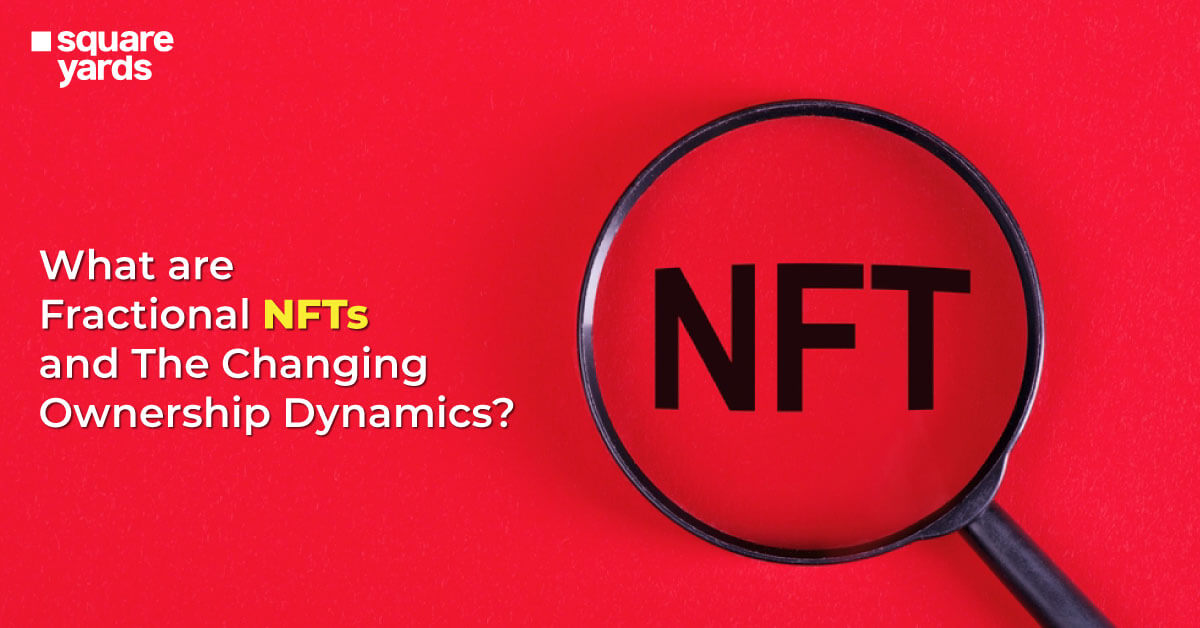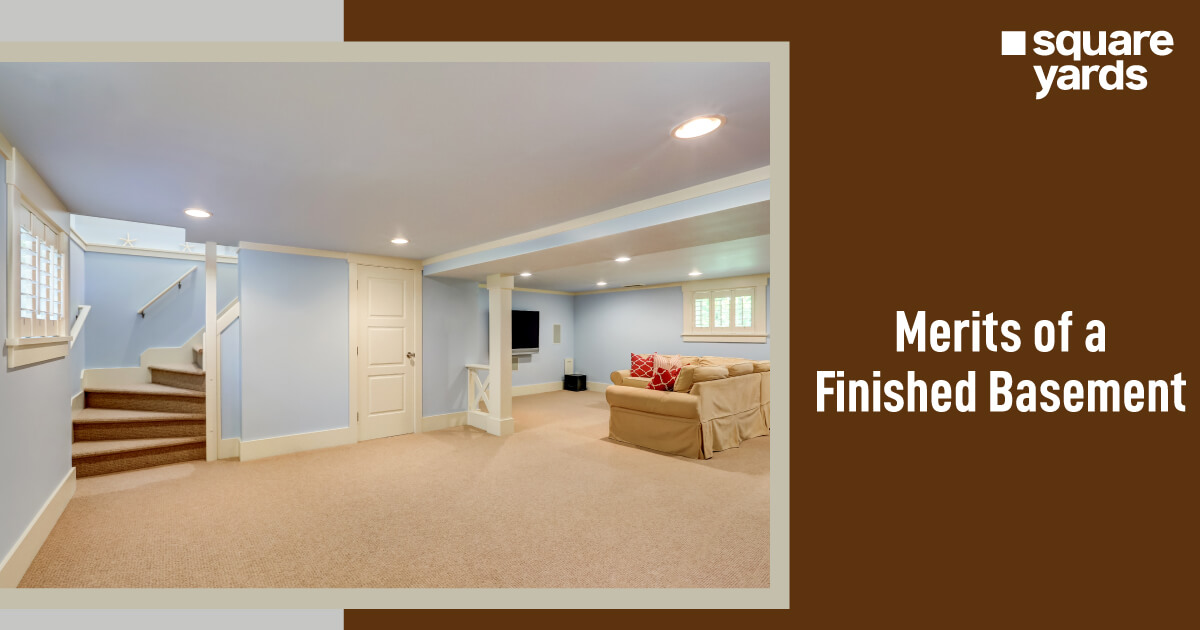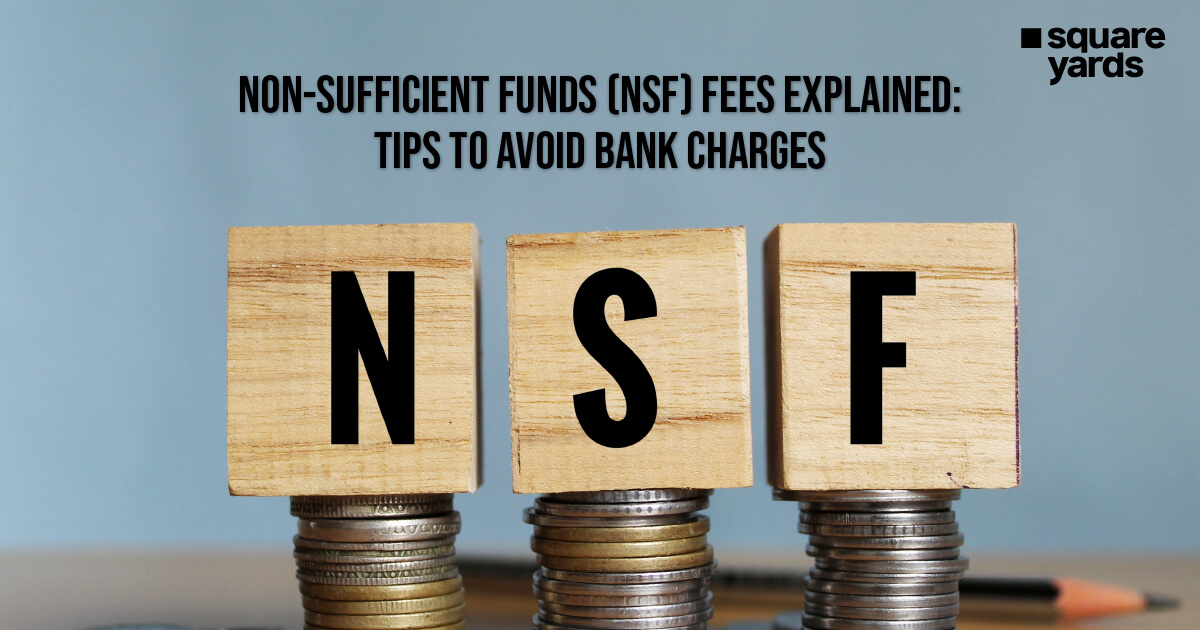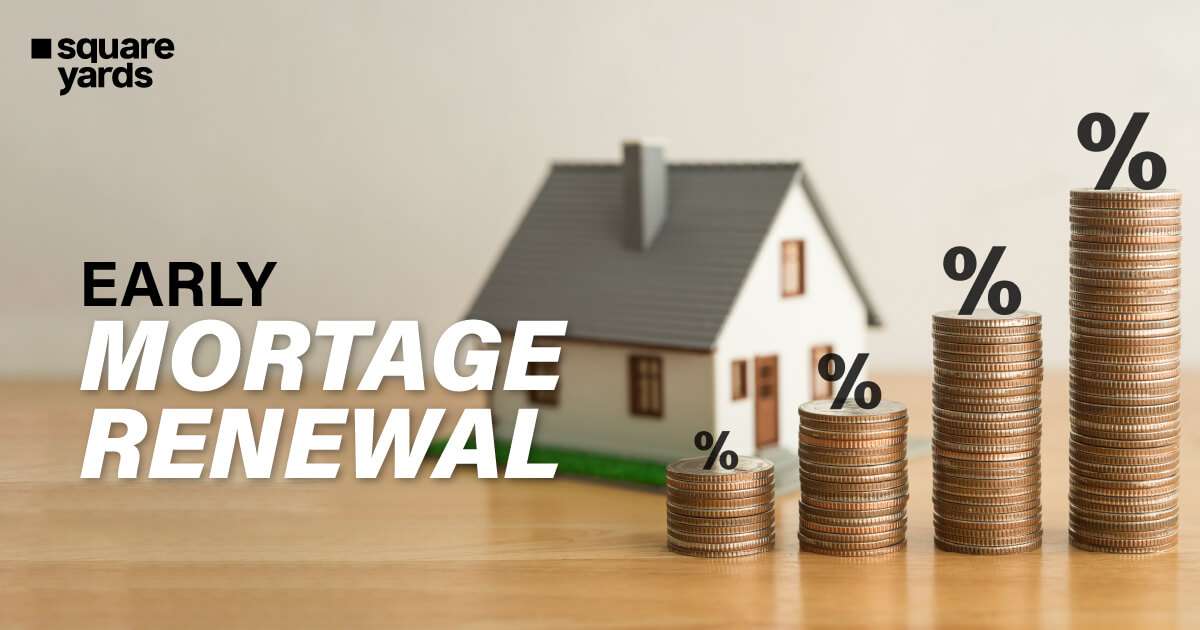Ontario, a province rich in diversity, culture, and prospering metropolitan centres, is located in Canada. You can feel the magnetic pull that attracts people from all walks of life as you stroll in the aisles of Toronto. For countless individuals searching for a place to call their own in this dynamic region, it becomes twisted with the notion of ‘rent control.’ Rent control was initially implemented in Ontario through the National Housing Act of 1944. Essentially, the government established a system to regulate the increase in rental rates for residential properties. Its purpose is to act as a protector, preventing sudden and unexpected surges in rent and providing tenants with a sense of stability. However, its significance goes beyond affordability alone; it aims to establish a fair and equitable environment that considers the interests of both tenants and landlords.
Understanding Rent Control

Rent control is a series of rules implemented to keep rental prices steady and prevent them from skyrocketing in the housing market. In Canada, particularly in Ontario, this policy is implemented to shield tenants from sudden and immoderate rent hikes. Managed by provincial governments, these regulations restrict landlords from raising rent beyond a certain amount each year, ensuring tenants can anticipate and afford their housing expenses. To understand the functioning of rent control in Ontario, it is important first to know the basics of residential tenancy in the province.
Fixed vs. Periodic Agreements
The following table summarises the differences between fixed and periodic tenancy in Ontario:
|
Aspect |
Fixed Tenancy |
Periodic Tenancy |
|
Lease Duration |
Has a set or definite term (for e.g., a 1-year lease) |
Automatically renews in intervals (e.g., month-to-month) |
|
Start and End Dates |
Specific start and end dates outlined in the lease |
Continues until either party gives notice to terminate |
|
Rent Changes |
Rent remains unchanged throughout the term |
Rent can be subject to periodic adjustments with proper notice |
|
Termination |
Automatically at the end of the fixed term |
Requires notice from either party to terminate, usually 60 days in advance |
|
Flexibility |
In terms of changing the lease during the set period, both the tenant and the landlord have less flexibility |
It provides flexibility as it allows for shorter notice periods and ease of termination |
|
Stability |
Offers stability and security for a set period |
Offers flexibility but may lack long-term security for tenants |
Ontario’s Rental Increase Guideline

Every year, the Ontario government releases a guideline limit for rent increases, which determines the highest permissible amount that landlords can raise rent annually. Previous rent control guideline increases have been as follows:
-
- There has been an increase in rent by 2.5% in 2023.
- In the year 2022, the rent increasedd by 1.2%.
- In 2023, there was no rise in the yearly rent. It remained at a steady 0%.
- An increase in rent by 2.2% was seen in 2020
- An increase in rent of 1.8% was witnessed in 2019.
Historical Average Rent in Toronto by Bedroom Type. Source: https://catalystre.ca/rent-control-in-ontario-everything-to-know/
Allowable Rent Increase in 2024
The Ontario government confirmed its commitment to the 2.5% rent increase guideline for the upcoming year. This figure is lower than the average inflation rate of 5.9%. The government aims to safeguard tenants from potential rent hikes caused by rising interest rates and thus enforces rent increase caps under the Residential Tenancies Act.
Compounding Rental Increase Guideline
One frequently asked question regarding rental increases concerns the issue of guideline increases that were not implemented in previous years. In such cases, it is important to note that landlords are not allowed to combine these missed guideline increases with the current year’s increase. The guideline increase limit serves as the highest amount by which a landlord can raise a tenant’s rent within a year.
Ontario Rent Control Exemption
Rent control regulations only pertain to housing units initially occupied by individuals before November 15, 2018, irrespective of the current tenant. Any units that become available for rent after this date are not subject to any annual restrictions on rent increases. Other situations where rent control does not apply include
-
- If the renter and the landlord share a kitchen or a bathroom
- If the tenant is a roommate who pays the leaseholder’s rent
- If the property belongs to a cooperative housing community, is classified as social housing, or is a unit with rent adjusted based on income
- In cases where a unit, such as a basement flat, was completed and occupied after November 15, 2018, even if the home was older and occupied before that date
Rent Control: Tying up Loose Ends
Rent control in Ontario serves as a shield for landlords and tenants. Occasionally, there are situations where a rent increase becomes necessary to maintain a property. Landlords can petition the Landlord and Tenant Board (LTB) for approval in such cases. These circumstances might include a significant increase in operating expenses or the completion of substantial capital projects.
Before initiating the LTB process, you should talk with your tenant to explore potential compromises. It’s worth noting: Finding reliable tenants can be challenging, so encouraging a positive relationship between the landlord and tenant is important.
Conclusion
Rent control in Ontario goes beyond being a mere set of rules; it is a fundamental element shaping the rental structure for landlords and tenants. Under the National Housing Act of 1944, rent control has transformed into a system that governs the increasing rental rates for residential properties. In Ontario’s ever-changing dynamic of rental trends, tenants and landlords must grasp and manoeuvre through the regulations governing rental properties.
Recommended for you :
|
Guide To Rental Neighbourhoods in Ottawa |
|
|
All About Top Down Payment During Renting |
|
|
Buying Vs Renting Real Estate Commercial |
|
|
Best Ways of Basement Apartment To Rent |
Frequently Asked Questions (FAQs)
Landlords can increase the rent for a current tenant without needing permission from the Landlord & Tenant Board (LTB). However, they are only allowed to do so once a year and must adhere to the guidelines. To guarantee compliance, landlords must provide written notice to tenants using the official Landlord and Tenant Board Form N1. This notification must be sent 90 days in advance.
The maximum rent increase guideline for rent-controlled units in Ontario for 2023 stands at 2.5%.
The rent increase guideline for 2024 in Ontario is 2.5%. It remains unchanged.
Predicting a surge in housing supply in two provinces, Canada's second-largest bank forecasts a potential decline of up to 10% in average house prices by early 2024. How do you raise the rent in Ontario?
What is the rent increase limit for 2023 in Ontario?
What is the rent control in Ontario in 2024?
How much further will house prices drop in Ontario?



































